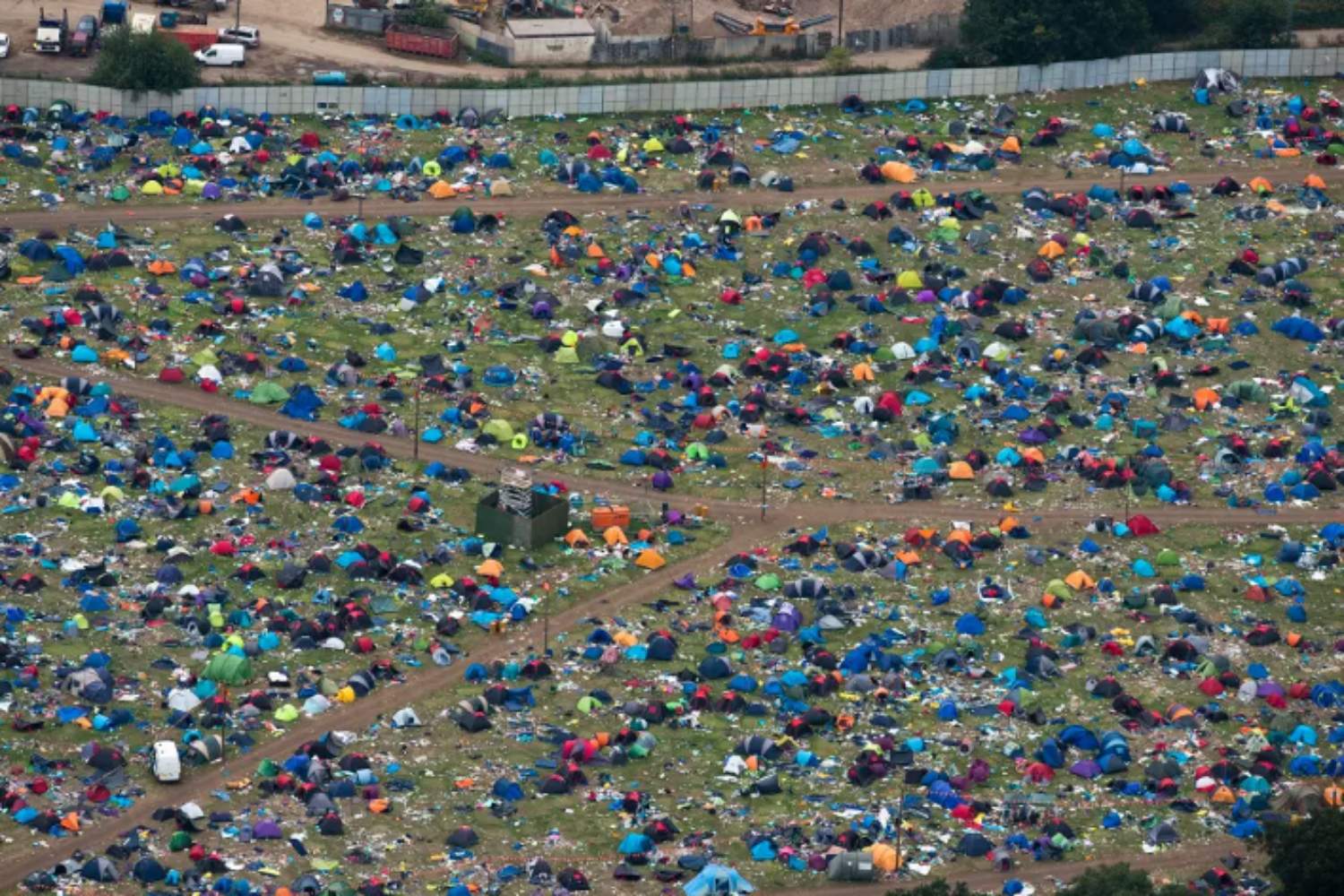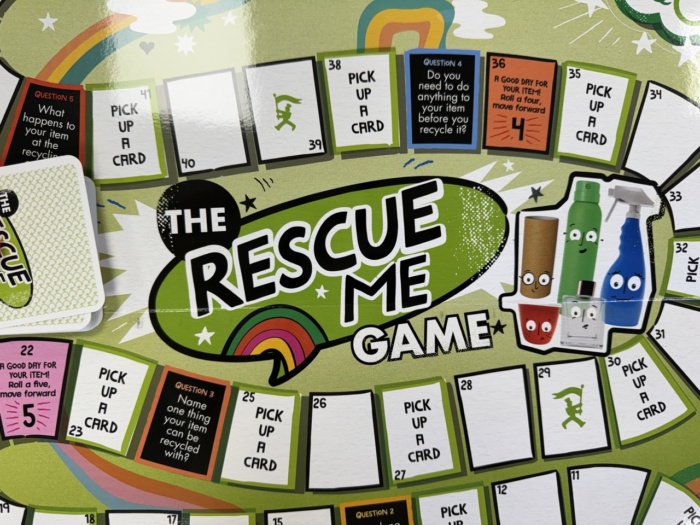
There’s a largish tent pitched in the middle of my local park.
Every time I walk past it, I experience a combination of feelings. There’s some curiosity, for sure. Whose is it? What are they up to? But, to my shame, I find myself fighting back some nimby-ish outrage too. How dare someone just decide to take up residence in our park? Shouldn’t ‘someone’ do something about this? I’ve tried to examine this latter feeling and while it no doubt confirms that I’m turning into a grumpy old man, I think it also speaks to something more universal.
Behavioural science tells us that human society relies heavily on norms – the often-unwritten rules that guide how we behave. When we see those norms being challenged – as with this tent – it makes us feel uncomfortable. Perhaps because it suggests that those norms aren’t as widely accepted as we think. If one person challenges the norm without consequences, what’s to stop complete social breakdown? Will there be a hundred tents in the park next month?
This was certainly the fear Suella Braverman (then Home Secretary) was seeking to weaponise when she tweeted that our streets were being taken over by ‘rows of tents’. While her comments were widely condemned, the discomfort she was playing on is undoubtedly real, and powerful. Social norms, after all, are not simply a handy tool for social good, they can drive discord too.
As I write, we are just a day or so away from another inevitable moment of tent-based controversy. As this year’s GCSE cohort descend on the Reading Festival, the eyes of the Daily Mail and many others will be on what happens to their tents when the revelry comes to an end. In 2023, it was reported that thousands of tents were simply abandoned after the festival.

Image credit: INS News
Yet again, it is social norms that are at play. As we have learned elsewhere in our work, young people who would not dream of dropping litter when with their parents, might readily do so when with teenage friends or in a place that seems dirty and uncared for. So the social norm can change depending on where you are and who you are with. It can also change dramatically over time.
It's a bit of a stretch to try and draw parallels between the tent in my park and the abandoned ones at Reading. However, it is worth noting that in a society when you can buy a tent online for under £20, the value and importance of a tent as a possession is much reduced. In that sense, we are all somewhat responsible for how tents are used and thought about. And this should perhaps give us pause when we rush to judge how others use them.
In the end, I think we get the social norms we deserve. If we want people to care about our environment and everyone within it, we can all help shape positive norms with the choices we make every day.
If you have a positive behaviour you are working on that’s not yet the norm, do get in touch, we might just be able to help.
Share
RELATED ARTICLES
Case study

Creating the next generation of recycling heroes
Using gamification to educate primary school children about recycling for Recycle Week 2024
17/10/24
Read moreOpinion

The Final Countdown?
Following a close encounter with a Lime Bike, David reflects on road crossing behaviour
13/09/24
Read moreOpinion

Nudging a running injury away
Polly tries out some behaviour change tactics to help her recover from a running injury
25/07/24
Read more